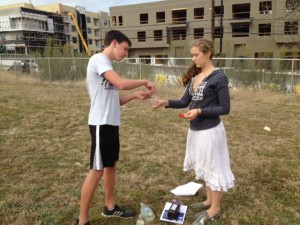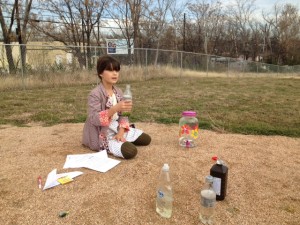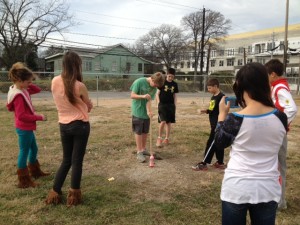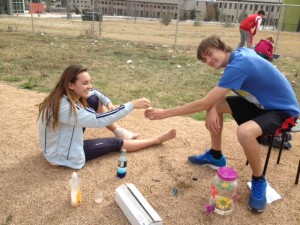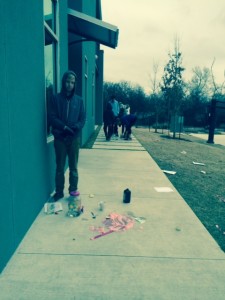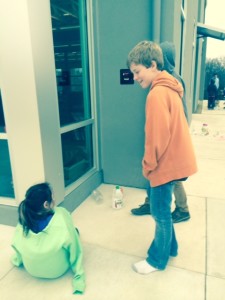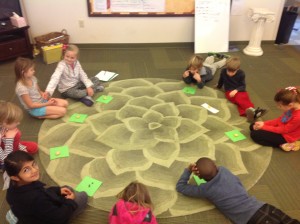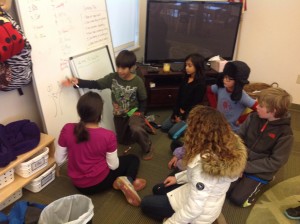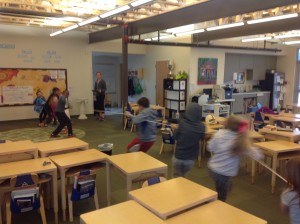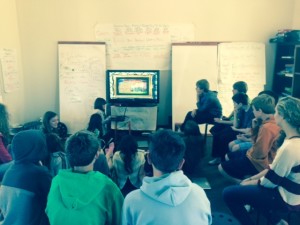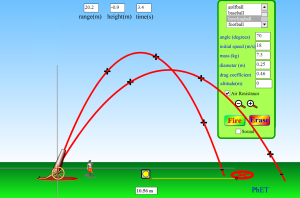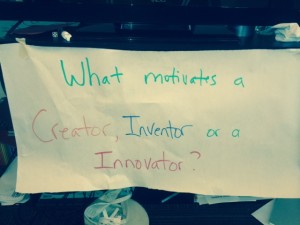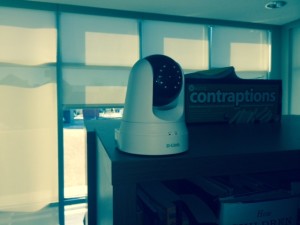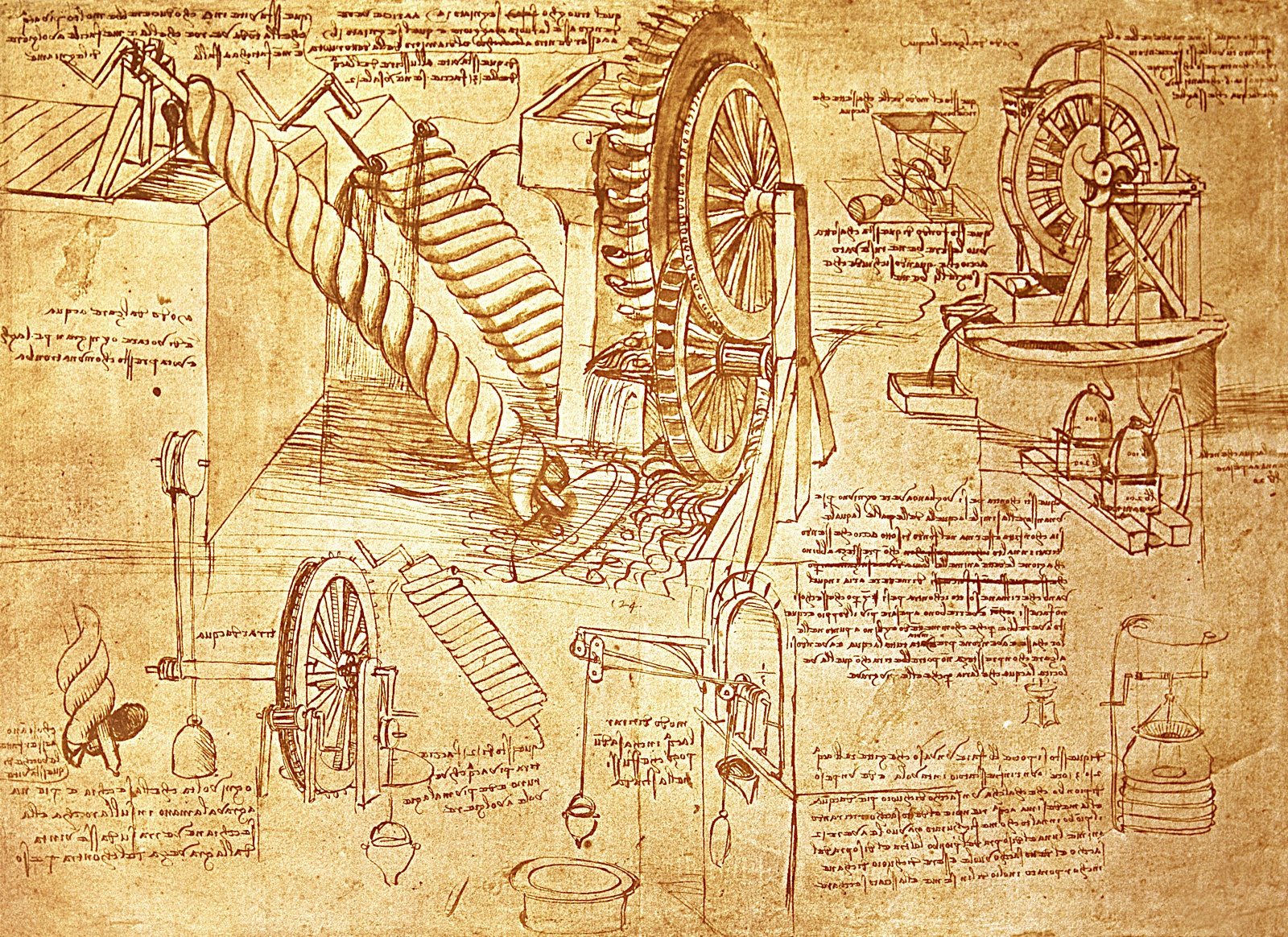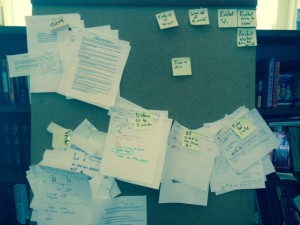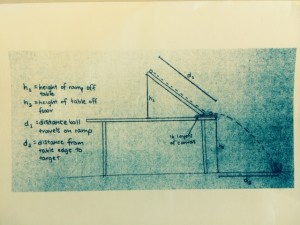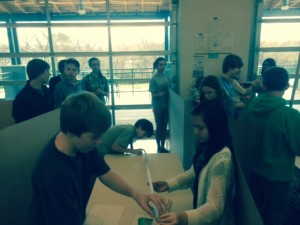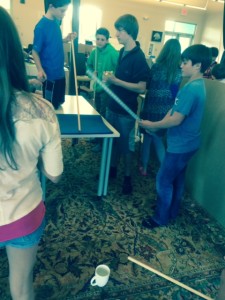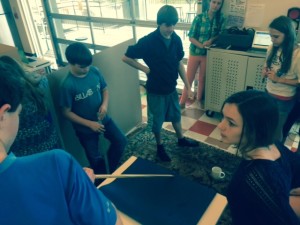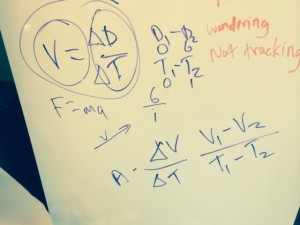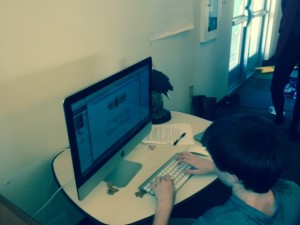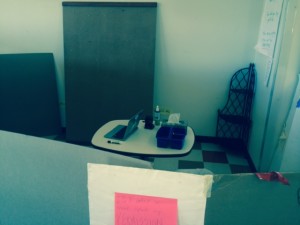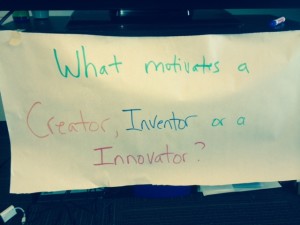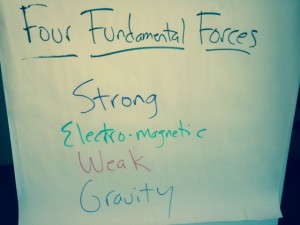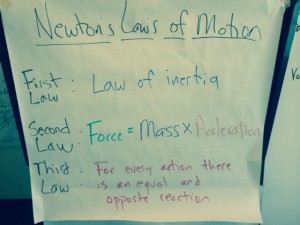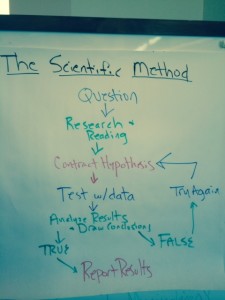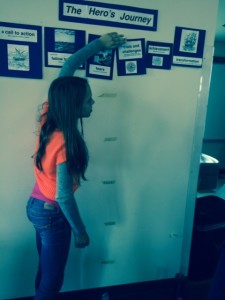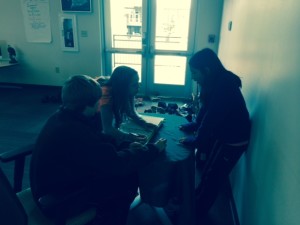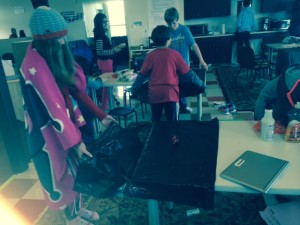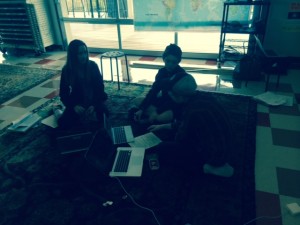Acton Academy Middle Schoolers have been hard at work on a secret rocket fuel formula, at an undisclosed location near the South Pole.
OK. To tell the truth, Eagles are combining different kinds and temperatures of soda and mentos in one experiment and different concentrations of hydrogen peroxide, soap and yeast in another, and measuring and comparing the results.
And while the temperatures were in the 30s Thursday, with a raging north wind, the Eagle scientists were in Austin, not Antarctica.
But Eagles are in the middle of a week long series of hands-on experiments, delving into physical and chemical processes, preparing for a battle where they’ll have to create the best mix to win the Rocket Competition on Monday (postponed from today because of ice.)
Perhaps more importantly, Eagles chose to work outside, in bitterly cold conditions, without being asked. You see, they have some pressing questions to explore.
The mark of true heroic scientists.
